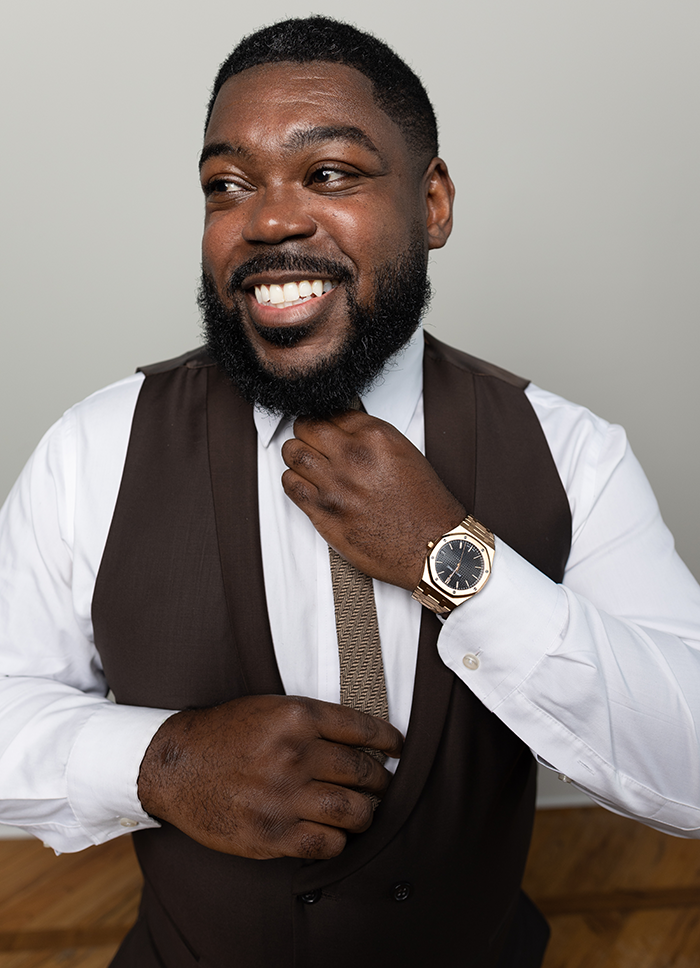Bicycling is both an enjoyable pastime and a great way to get around town. Whether you’re going out for a leisurely bike ride or commuting to and from work, it’s essential to understand Georgia’s bicycle laws. An understanding of these laws can not only keep you safe on the road but also strengthen your case if you are the victim of an accident.
To seek compensation for injuries suffered in a bicycle accident through an insurance claim or personal injury lawsuit, you must demonstrate that the at-fault party’s actions were the primary cause of your injuries. One way you can do this is by showing that you were following the applicable laws and are not to blame for your injuries.
Georgia Bicycle Laws
Georgia has several key bicycle laws that may play a role in your injury case. For example, you cannot have more people on a bicycle than there are seats, and each rider must be sitting on a designated seat.
Cyclists are also expected to ride as close to the right side of the road as possible, except when making left turns or when road conditions prevent them from keeping out of the way of motor vehicles.
All bicycles used between dusk and dawn must be equipped with a front light that can be seen from 300 feet away. They must also either have a rear red light that can be seen from 300 feet away or a rear red reflector.
Riders under 16 must wear a helmet at all times. While a helmet is optional for those 16 and older, wearing one is highly recommended to protect yourself from head trauma.
The Role of Comparative Fault
Georgia uses a modified comparative fault rule outlined in GA Code Section 51-12-33. It states that a victim’s damages may be reduced by a percentage equal to their degree of fault for their injuries and that they cannot recover damages if they are 50 percent or more at fault. This rule often plays a significant role in bicycle accident claims, as insurance companies seek to reduce their liability by blaming cyclists.
How Bicycle Laws Affect Insurance Claims
Insurance companies often point to any Georgia bicycle laws that the injured cyclist may not have adhered to as proof of their fault. For example, an auto insurance company may say that you are 30 percent at fault because you didn’t stay far enough to the right, causing their client to strike you with their vehicle. Or they may say that because you weren’t wearing a helmet, you are partially to blame because a helmet would have prevented some of your injuries.
However, your lawyer can also use these laws to strengthen your case and maximize your compensation. They may point to the fact that your bike has the proper lights and reflectors, you were wearing a helmet, and you were riding on the right shoulder when you were struck. By pointing to the laws you were following, your lawyer can reduce your degree of fault.
Be Aware of Local Laws
It’s also important to be aware of local laws. Municipalities sometimes have additional bicycle laws, such as one stating that cyclists must ride on the roads instead of sidewalks. It’s a good idea to look for a local attorney who understands the laws where the accident took place.
Contact Our Bicycle Accident Lawyer in Macon, GA
If you suffered injuries in a bicycle accident in Macon, Georgia, contact Joshua E. Palmer Law Firm for a free consultation with an experienced personal injury lawyer about your case. During your initial consultation, we’ll review the details of the accident, explain your options for seeking compensation for your injuries, and walk you through what to expect from the legal system.


